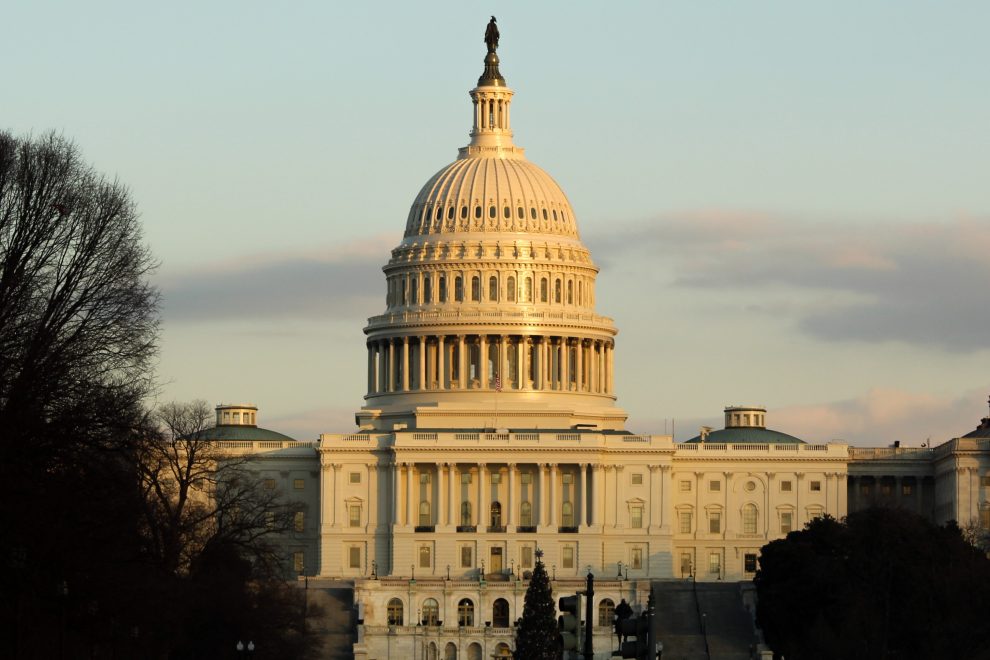Ready or not, 2017 could prove to be the year of unanticipated subsidiarity—the idea that social needs should be addressed at the lowest level of personal, civic, or governmental authority capable of responding to them.
Though Trump lost the national popular vote by nearly 3 million votes, Speaker of the House Paul Ryan claims the election of Trump is a voter mandate to dismantle federal-level social services that have served some of the nation’s poorest and most vulnerable citizens. Ryan’s antipathy toward the Affordable Care Act, shared by the Republican congressional majority, is well established, and repealing the national healthcare program is already the Republicans’ top priority. But Ryan’s desire to reform Medicaid and Medicare will surprise voters who had come to accept these programs as imperfect but reliable safety nets.
In the past Speaker Ryan has rhetorically deployed the Catholic social teaching of subsidiarity in order to justify targeting federal programs such as Medicaid and Medicare. The spectacle of the next four years may show the federal government’s retreat from a variety of social and civic challenges that had previously benefited from federal aid.
Expect pullbacks not only in healthcare but in financial and banking industry oversight, efforts to mitigate climate change, and the enforcement of labor and clean air and water standards. How should Catholics respond? State and local governments will need to step up and fill the regulatory or social voids that will open up as the federal government recedes.
The church may need to take a more activist role. U.S. Catholic bishops may applaud alterations to the Affordable Care Act that liberate Catholic and other faith institutions from a problematic contraception mandate, but they will surely continue to make a moral argument for universal healthcare as a human right and will certainly butt heads with the incoming administration over the treatment of immigrants in the United States.
Frustrated by years of inaction on the federal minimum wage, frozen since 2009 at a parsimonious $7.25 per hour, many state and local governments have already begun to set their own wage standards. In 2016, 25 states, cities, and counties increased the base wage for 11.8 million workers, and in 2017 and 2018 new campaigns seek to raise the minimum wage for 8 million more.
States can set other labor standards to address the misadventures that may emerge at the federal level in 2017. Likewise, states are already deploying policy reforms meant to address global ecological concerns, especially climate change, as the incoming administration appears certain to ignore or roll back previous commitments. States may also begin experimenting with their own local versions of a diminished or defeated Obamacare.
How successfully state and local agencies respond to the abdication of responsibility at the federal level, however, will depend on how sincere purported fans of subsidiarity, such as Speaker Ryan, actually are. If local agencies are going to tackle the social problems of our times from the street level instead of waiting for a top-down assist from the federal level, they will need the resources to do the job. Will the money from federal cutbacks be “saved” in some manner to provide those resources? Unfortunately, if the past is a prologue, federal “savings” will simply be diverted into more tax breaks for an entrenched national elite or dissipated into an unreformed and insatiable Pentagon.
The flip side of subsidiarity suggests larger civic or governmental actors have a moral obligation to intercede when a social need cannot be addressed at a lower level. If Congress and the Trump administration don’t acknowledge that moral claim, all the soaring rhetoric on subsidiarity will be worth what it can buy at the local food pantry—nothing.
This article also appears in the March 2017 issue of U.S. Catholic (Vol. 82, No. 3, page 42).
Image: Krisztian Kormos via Pexels















Add comment